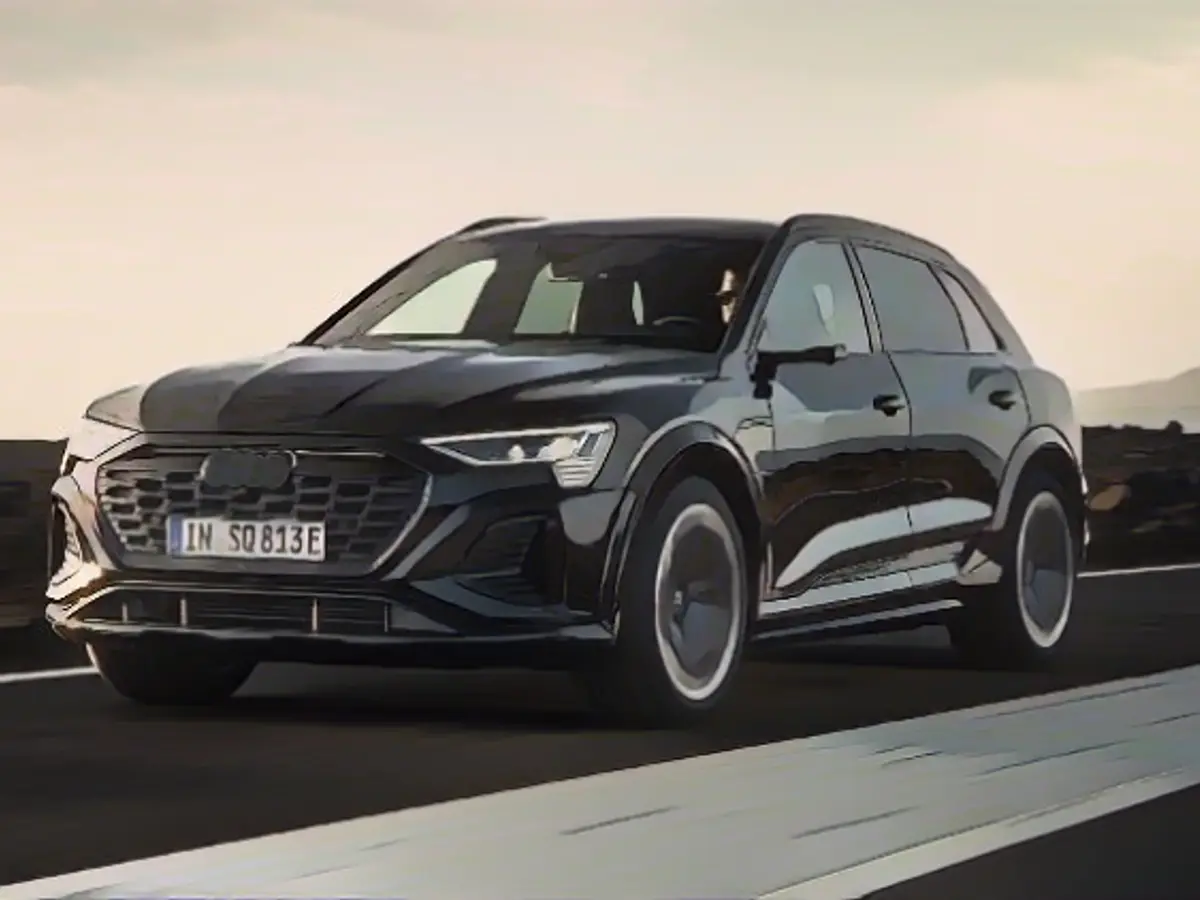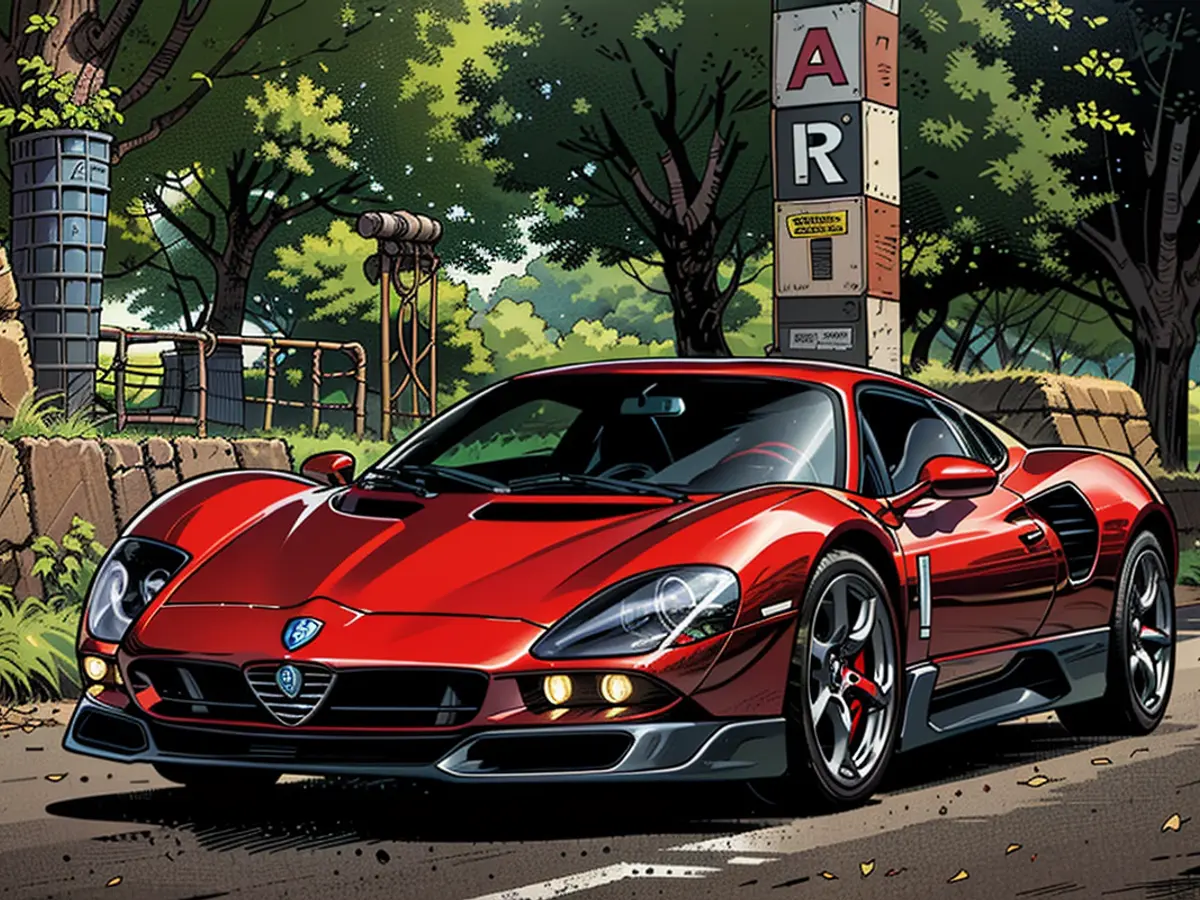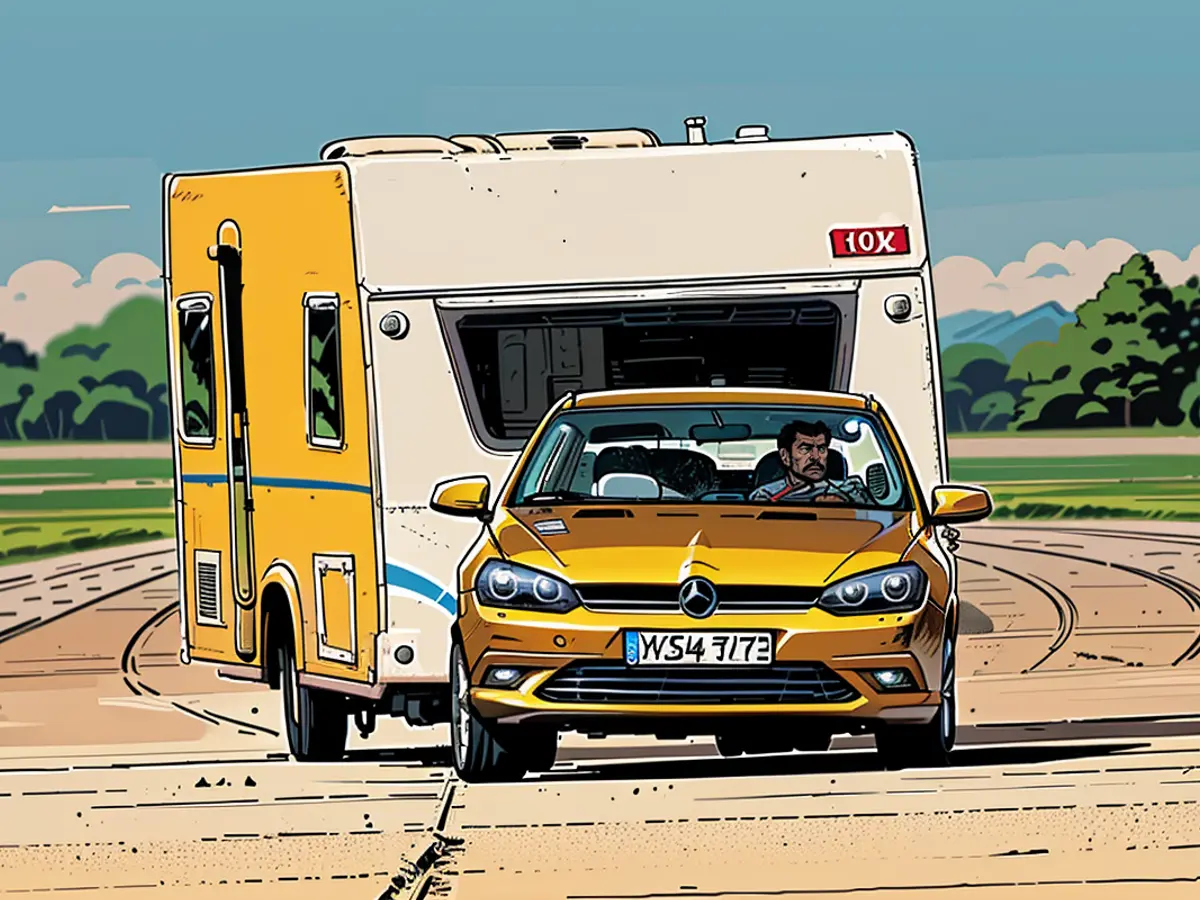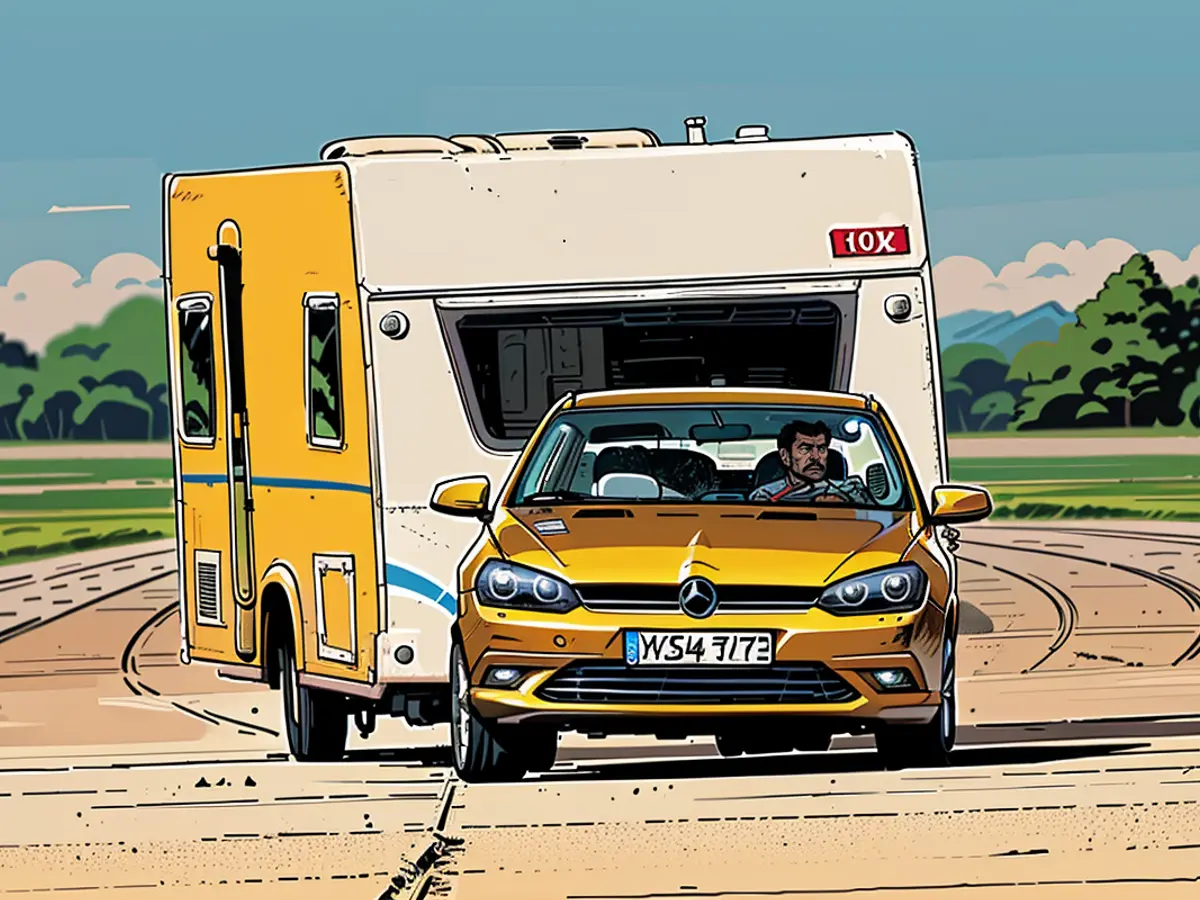Struggling Small Cars, Booming Electric SUVs: The Shifting Landscape
The electric car market is witnessing a transformation, with the variety of electric SUVs on offer growing by leaps and bounds. Unfortunately, this growth comes at the expense of affordable small cars, which are becoming scarcer by the day. Car experts are predicting that the issue of insufficient range in the small car segments will persist until at least 2025, with no significant improvement in sight until then.
The high price tag of electric cars is a significant concern, with an average spend of €52,693 this year, a €4,023 increase over the previous year. This price hike is primarily due to the focus on large and powerful models, which drive up costs.
Yet, electric vehicles have become more powerful on average. The average range of all electric cars sold in Germany increased to 423 kilometers, and the charging speed to 133 kW. However, the proportion of small cars and affordable electric vehicles is dwindling, while the number of electric SUVs is skyrocketing.
The dominance of electric SUVs is accounted for by their high demand and the expanding range of models available. While they account for 41% of all new registrations in the overall market, they make up 53% of all electric vehicles. Conversely, small cars only have a 7% share, and the proportion of subcompact cars has dropped from 16% to 11% compared to last year.
The scarcity of small electric cars is rooted in the decreasing number of available models and the rapid expansion of SUV selections. While 14 models were still available in 2022, there are only 12 small car options today. Comparatively, the selection of SUVs has grown from 31 to 48 in the same period.
Market forecasts
According to car experts, an increased supply of affordable and competitive electric cars, such as the Renault Twingo and VW ID.2, is not expected to materialize until 2025. However, the market is forecasted to see a surge in electric vehicle registrations, with an expected 600,000 new BEV registrations in 2024 (a 15% increase) and 750,000 units (a 25% increase) in 2025.
What's driving the shift towards electric SUVs?
Market demands and technological advancements are paving the way for the popularity of electric SUVs. Major electric SUV manufacturers like Hyundai, with its IONIQ 9, Kia, and EV5 models, are expected to drive growth in 2025 due to their appeal and the increasing demand for SUVs.
Moreover, the accessibility of small electric cars has improved, with prices of these vehicles generally lower. The 2025 Nissan Leaf starts at $29,280, and the 2025 Hyundai Kona Electric starts at $34,325.
The future of small electric cars
Although the market for small electric cars is experiencing a dip, the future is not entirely bleak. Technological advancements in battery technology, such as improvements in battery management systems and the adoption of modern lithium-ion batteries, are extending the range of electric vehicles.
The expansion of charging infrastructure is also supporting the growth of electric vehicles. Companies are investing in expanding charging networks, which will improve the usability of small electric cars.
Government incentives and regulations, such as tax credits, free parking, and reduced registration fees, are encouraging the adoption of electric vehicles across various segments, including small cars. Stricter emissions targets and the enforcement of zero-emission vehicle (ZEV) laws are also driving the adoption of electric vehicles.
Sources:
Enrichment Insights
Market Demand and Competition
- The market for electric SUVs is growing rapidly due to their increasing popularity and the appealing offerings of manufacturers like Hyundai and Kia.
- Despite the ongoing reduction in the number of small electric car options, new affordable models like the 2025 Nissan Leaf and 2025 Hyundai Kona Electric are helping to improve accessibility.
Technological Advancements
- Improvements in battery technology and charging infrastructure will support extended ranges and increased usability for small electric cars in the coming years.
Government Incentives and Regulations
- Government incentives, such as tax credits and zero-emission vehicle regulations, are boosting the adoption of electric vehicles in various segments, including small cars.







